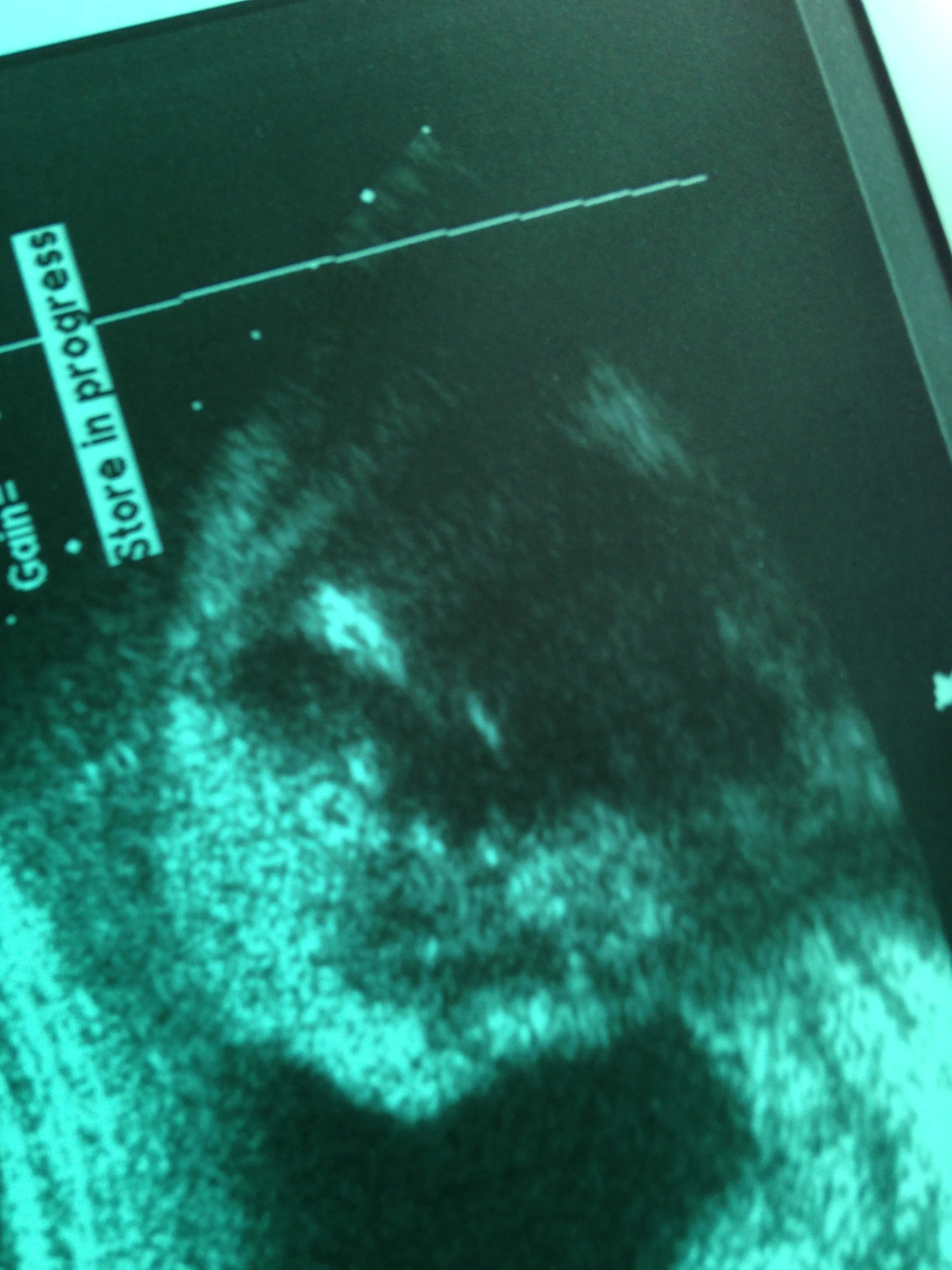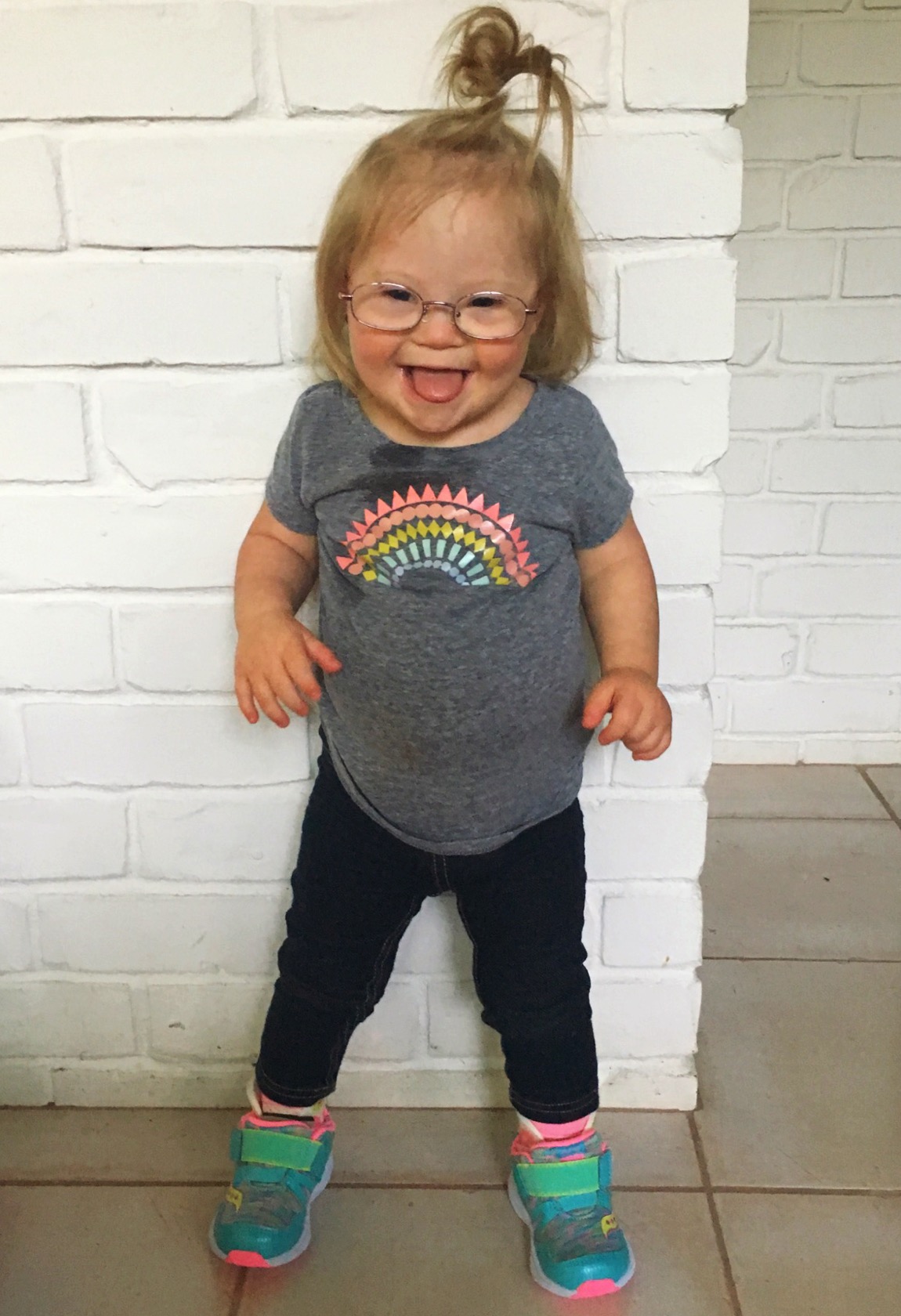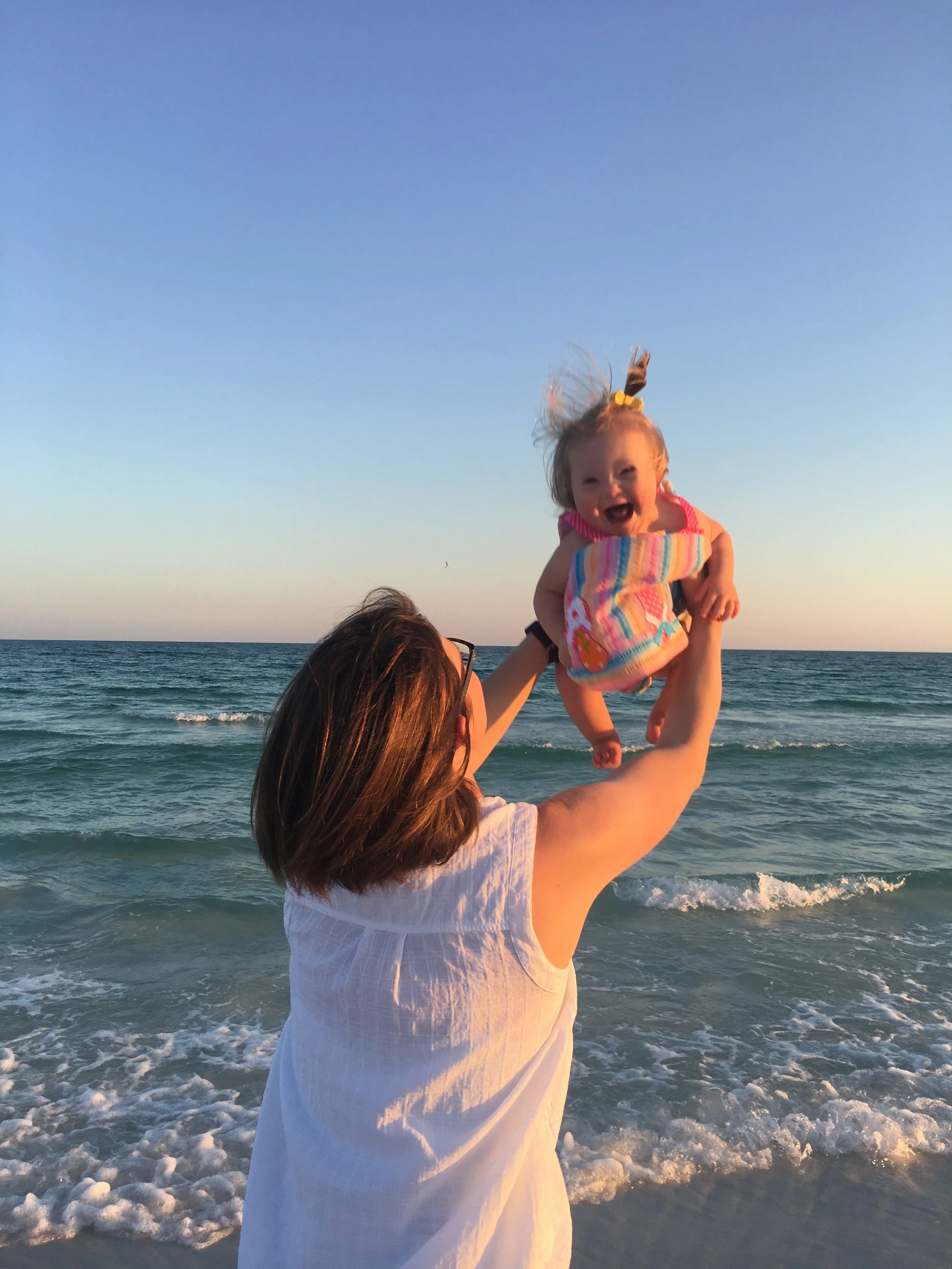Why Your Choice Matters to Me
With the title, “Is Iceland on Track to Eliminate Down Syncrome,” CBS news created a firestorm over this past week within the Down syndrome community around the world. Explaining that this near extinction of a people group has occurred through the use of a now popular and easy to use prenatal test, known as the NIPT, the news clip touches on the ethics and morality of using technology to select what type of people are born. Should parents have the right to choose whether or not they bring their baby into the world?
Earlier this week, the nation of Australia underwent a very open discussion on the standing of people with Down Syndrome within their midst, when 60 Minutes Australia also featured the NIPT (non-invasive prenatal screening test). Around since 2011, this prenatal screening test has continued to gain international attention over the years due to its higher accuracy and absence of risk to mother and baby in detecting genetic anomalies and abnormalities.
Already, other nations have embraced the relatively high accuracy and convenience of this prenatal test. I has become a part of routine prenatal screening to detect fetal abnormalities so that mothers can then make informed decisions (any reasonably intelligent person can infer what is truly meant by the phrase “informed decision”). According to this article, Denmark led the way in 2006, making the NIPT a free and routine procedure. Other nations have since followed, including France, Sweden, and, most recently, Britain.
Some nations have taken steps even further beyond prenatal screening. Belgium, for instance has legalized and regularly practices euthanasia for terminally-ill, disabled, or genetically different babies and children. The Netherlands also practices infanticide, allowing physicians to kill newborns whom they deem to have terminal or disabling diagnoses.
Obviously, these historically recent developments have caused great alarm and unrest amongst many families within the Down syndrome community, as well communities representing other disabilities and abnormalities. These newly developing social norms became personal to me when, in 2015, my second-born daughter prenatally screened positive for Down syndrome, not surprisingly, with the NIPT.
A 4D image of our unborn Alisa Jane
After receiving the news, my husband and I made the decision to share publicly of our pregnancy journey, emphasizing our desire to value the life of our daughter, Alisa (“a-lee-sa”, meaning “joy”), no matter what the outcome. Since those difficult early days in my pregnancy, I have shared openly of my grief, my struggles, as well as my self-discovery into the world of Down syndrome. Down syndrome has not been the scary monster that I feared it would be.
There has been a phrase I have heard frequently in my journey of sharing about and campaigning for the lives of those with Down syndrome. It has gone something like this: “You live your life and be happy with your decision, but don’t worry about the decisions of others. It’s not your place to judge.” The assertion of this line of thinking is that I should be happy with my choice of life for Alisa, while not allowing the choices of others to abort their babies with Down syndrome to affect me. In other words, one woman’s choice to abort is assumed to be completely independent of and unconnected to the lives of others.
I’ve watched this week as the people of Australia have debated the fate of babies with Down syndrome in their nation. I have thought through this assumption and considered its validity as I’ve seen my mom friends on Facebook share pictures of their babies with Down syndrome and plead with their community to consider the value of their children's lives. And I’ve wondered: If the decision to abort a baby is truly a personal choice with no effect on others, then shouldn’t we in the Down syndrome community hang our hats and go on with our lives, simply being happy with our own personal choices?
And I must admit, if that were true, then we should just give up our campaigns. If it were true that your decision has no effect on me or on the greater good of humanity, then we should cease our crying and move on. But I disagree. The assumption is fundamentally flawed. I have come away from my reflection with greater resolve and deeper conviction that we must speak up for those who cannot speak for themselves. Your choice matters to me.
Before I continue, I want to make one thing very clear: I do not judge those who have already made the decision to abort a baby, and I don’t judge those who will choose to abort their babies in the future. Holding a conviction and condemning others do not have to mean the same thing. One reality that weighed heavily upon me as I blogged during our pregnancy about the value of life was the fact that there were women reading my words who had already made a different choice. It is not my place nor my desire to condemn another for her choices made. I wrote this post during my pregnancy with a desire to communicate my thoughts. I still believe this message today.
Still, I am completely and unashamedly convinced that abortion is not a singularly personal event. Much to the chagrin a global culture that parades the notion of personal choice and promotes a hyper-individualized worldview, I write with a different message: our choices matter, not only to us personally, but to the greater good of humanity.
Our choices matter because the cultural trend toward “individual rights” has correspondingly promoted an undercurrent of bias, prejudice, and, to borrow the hot-button word of today, hatred. We have become more intelligent and crafty in how we target certain populations within the unborn, but if we remove the often politically-caked and academically-heavy wording, we uncover a world in which “different” is not only unacceptable; it is silenced. Often masked with the argument that we want to spare the suffering of others, we step into a role that is not naturally ours and make decisions to prematurely end lives.
This is exemplified with the way CBS off-handedly told of Iceland’s near-elimination of those with Down syndrome. The truth of the matter is, you cannot “cure” Down syndrome or change the genetic makeup of the one who has it. The only way to “eliminate” Down syndrome is to take the life of the one who has it. Whether in the womb or walking amongst us, we could only ever make Down syndrome disappear by embarking on a campaign of genocide, targeting those whose DNA does not match what we desire.
Our choices matter because they are not, as is popularly portrayed, decisions made in individual vacuums with no larger effects on our communities and society as a whole. The cultural trend toward prenatally eliminating those with disabilities perpetuates a lack of acceptance of those who are different. It encourages a failure to understand and value life in all its many forms; only those who fit our narrow vision of what is “normal” are given the right to life. Instead of promoting important character values such as empathy and compassion, this trend toward aborting disabled and genetically-different babies takes us on a path toward self-pursuit and a small-world vision.
We are fools to think we can limit our prejudice thoughts about Down syndrome or disability to the unborn. If we believe an unborn baby with Down syndrome does not have the right to life, this perception will color our view of all people with Down syndrome, even those who are already among us. Instead of a campaign to eliminate a certain people group in the womb, we should embark on a mission to change the misperceptions of that people group.
Our choices matter because they will bear consequences, whether good or bad. I know there are many who tout their past abortions with pride. Though I have never met these women personally, I have read some of their stories online. But on the contrary, I have met countless women who carry great personal shame and emotional grief over past abortions. I have counseled these women as they’ve shared their stories with me. I have seen them weep from their regret. I have wept with them because I understand the power of past choices to affect our present lives.
I rarely engage others in social media debates, but I once spoke up on a friend’s post where the topic was the right to life. In the course of that discussion (which was largely civil and respectful), I had a man tell me that I was against women’s rights because I have a pro-life worldview. The irony of his statement still gets me. He, a man, was telling me, a woman, that I was not for women’s rights. Regardless of the absurdity his accusation, his argument was fundamentally wrong. My pro-life worldview is not simply driven by a passion for the unborn; it is correspondingly driven by a compassion for women.
I care for these women who suffer from past abortions, and I long to help them find healing. Similarly, I am passionate about helping women who have not already had abortions to make choices that will bring them peace and satisfaction in the future. It is my belief that choosing life, though not always easy, will lead us toward finding deeper meaning and greater joy in life.
Lastly, our choices matter because they define who we are. Are we a culture that truly embraces “different” and values people from all walks of life? If so, our mission should not be to eradicate those with disability or differences from our midst, but to support, encourage, and advocate for their well-being. I am all for science finding cures and ways to improve the human condition, but I will never stand for the murder of others simply because we predict their lives may cause suffering or personal discomfort.
No matter how far science may advance, and no matter who takes charge politically in any given nation, I submit that we will always have suffering and unfair situations in this world. Tragedy, disease, and disability will always be an ever-present reality. This is because our world is broken (for more of my thoughts on this, see this post). If we try to run from suffering or to destroy those whom we fear might make us suffer, we will never be more than cowards.
But if we embrace those hard situations, if we join together and walk into the storms that come our way, we will emerge stronger, better, and more compassionate. This is why our choices matter.
At one time, I wept for myself. I walked in fear of an unknown situation, and grief became my familiar friend. But now, I no longer weep for myself, for I have discovered that the unknown, though painful and humbling, has brought me to a truly beautiful place. Now, I weep for a world that has become so driven by a fear of suffering and a personal pursuit of comfort that we literally sacrifice our children for our own benefit.









